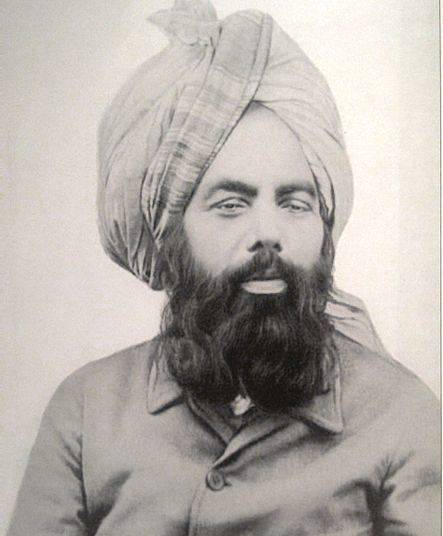Mirza Gulam Ahmad: Cytaty po angielsku
When a man is a sinner, his friends are different from those who are going to be his friends when he adopts Taqwa(fear of God).
The mystics have termed this change as 'death'.
Źródło: Malfoozat, Vol.1, p.2
The Philosophy of the Teachings of Islam.
The Philosophy of the Teachings of Islam
Źródło: The Philosophy of the Teachings of Islam https://www.alislam.org/book/philosophy-teachings-islam/ – Alislam https://www.alislam.org/
